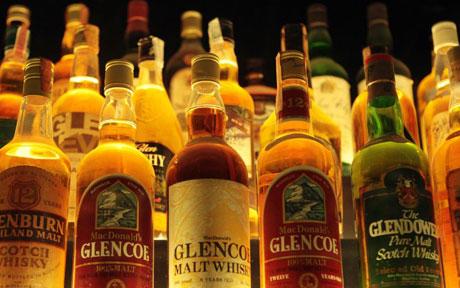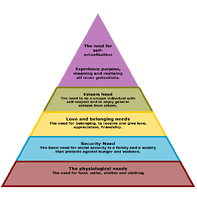 In the field of psychology there is a well known theory formulated by A.H Maslow called Maslow’s hierarchy which deals with human needs. Since as all hospitality operators, we deal with human beings, it is important we understand their psychological needs so they can better appreciate their experience at your place of business and we can assure ourselves of a satisfied customer that may return and also speak well to others about their enjoyable dining/drinking experience.
In the field of psychology there is a well known theory formulated by A.H Maslow called Maslow’s hierarchy which deals with human needs. Since as all hospitality operators, we deal with human beings, it is important we understand their psychological needs so they can better appreciate their experience at your place of business and we can assure ourselves of a satisfied customer that may return and also speak well to others about their enjoyable dining/drinking experience.
Maslow cites five basic psychological needs an average person should posses
A need for: physiological, safety, love & belonging, esteem and self actualization.
The first for needs are referred to as dependent needs because they are obtained from other people. Self-actualization comes from oneself. Hospitality operators should know and understand how these needs affect their guests and their experience in your hospitality environment.
A hospitality operator should realize that 2 of the needs, the physiological and the need for love most often have been met before the guest enters your place of business.
The physiological need means that if we do not have enough money to provide food for ourselves or our family, we will spend the greatest portion of our time trying to earn enough money or obtain food to satisfy this need.
The need for safety can play an important part in the success or failure of a hospitality business. Guests typically have satisfied the need for safety because they live in a community that makes them feel comfortable and fearless. However, some hospitality environments are located in areas which maybe considered a bit more dangerous thus this need may not be satisfied.
The need for love and belonging refers to being accepted by other people and groups. Most guests have made friends and formed associations with their peers. At times this need benefits the hospitality environment because our guests belong to groups that patronize restaurants, bars and hotels.
The key need all hospitality operators must satisfy is the fourth need: the esteem need. This need centers on self respect and can be also called the “ego” need. It means that you as a hospitality operator make the guest feel important by way of the respect you bring to them. An easy way to fill this need is by addressing the guest by their first name or even inquiring about their friends or family members.
The fifth need is the need for self actualization which comes from within the person. This is achieved when the person develops their maximum potential. As hospitality operators, we indirectly contribute to the development of this need because we have helped satisfy the need for self esteem
All hospitality must understand Maslow’s hierarchy to better understand their customers and add to the success of their business.

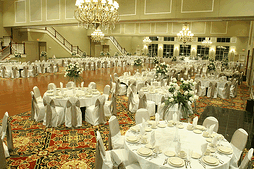 s Beverage Service
s Beverage Service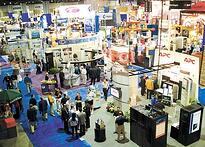 Scannabar recently had the pleasure of exhibiting our liquor, beer and wine inventory software at the Florida Restaurant Association show in Orlando, Florida, September 12th to the 14th. Contrary to other years, it is quite apparent that the economy is slowly coming back to where it was, this displayed by the volume of people that attended and the steady flow of hospitality operators we had the opportunity to discuss our cost saving solution with. It is also quite evident that operators are looking for solutions that will help them save both time and most importantly money in respect to their most valued liquid assets.
Scannabar recently had the pleasure of exhibiting our liquor, beer and wine inventory software at the Florida Restaurant Association show in Orlando, Florida, September 12th to the 14th. Contrary to other years, it is quite apparent that the economy is slowly coming back to where it was, this displayed by the volume of people that attended and the steady flow of hospitality operators we had the opportunity to discuss our cost saving solution with. It is also quite evident that operators are looking for solutions that will help them save both time and most importantly money in respect to their most valued liquid assets.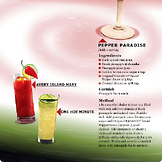 To run a successful and have a loyal following, it is important that your customers are served consistent drinks. To do so, standard drink recipes must be prepared so as to prepare your bar staff accordingly. A standard drink recipe is made up of the following:
To run a successful and have a loyal following, it is important that your customers are served consistent drinks. To do so, standard drink recipes must be prepared so as to prepare your bar staff accordingly. A standard drink recipe is made up of the following: